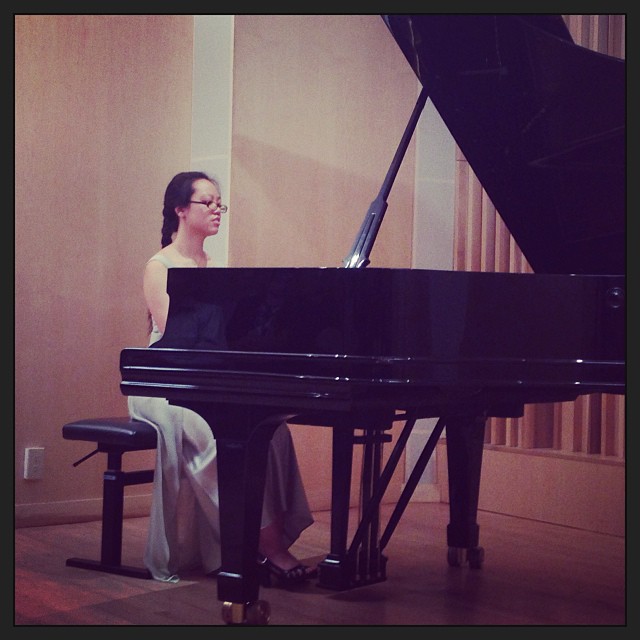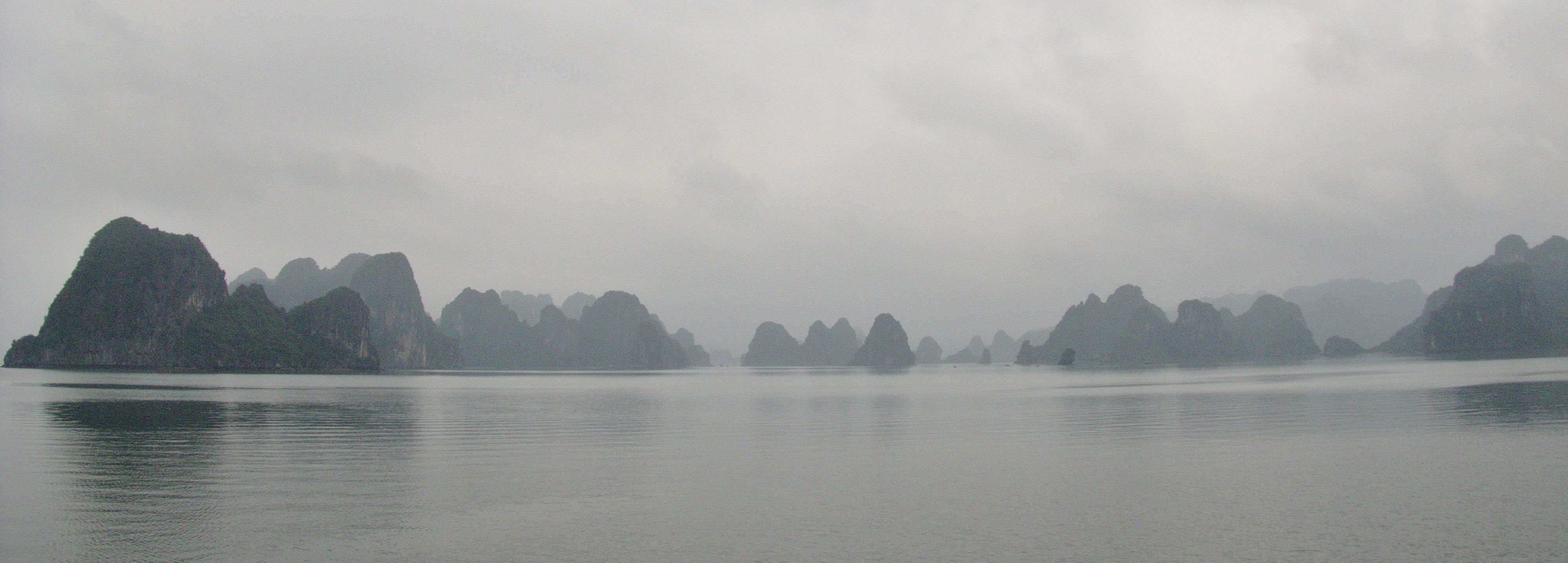
I started learning classical piano when I was 6 and have continued to learn and perform since then. I really enjoy playing as part of a chamber group, but I've also done some solo work. You can hear some of my past performances below!
I also played classical flute, and was a member of the Youth Orchestra of Southern Alameda County throughout my middle school and high school years, and then the Caltech-Occidental Orchestra throughout my college years.
I haven't been performing recently, but I still practice! I've been working on Samuel Barber's Piano Sonata, Bach's Partita No. 4, Beethoven Op. 90, and the Debussy Preludes (Book 1). Maybe I'll pick up performing again someday.
Vienna, Austria (2012)
Performed with the Vienna International Orchestra. Conductor: Robert Ward.
W. A. Mozart: Piano Concerto No. 9 in E-flat major, K. 271 - I. Allegro
W. A. Mozart: Piano Concerto No. 9 in E-flat major, K. 271 - II. Andantino
W. A. Mozart: Piano Concerto No. 9 in E-flat major, K. 271 - III. Rondo
Caltech, Pasadena, CA (2010)
Performed with the Caltech-Occidental Orchestra. Conductor: Allen Gross.
DiMenna Center, New York City, NY (2012)
Paul Hindemith: Viola Sonata Op. 11, No. 4
Viola: Elizabeth Williams, Piano: Amy Lam
Caltech, Pasadena, CA (2008)
Bohuslav Martinu: Quartet for Oboe, Violin, Cello, and Piano, H. 315
Oboe: John Liu, Violin: Angela Shih, Cello: Elizabeth Wood, Piano: Amy Lam
Caltech, Pasadena, CA (2008)
Frank Bridge: Phantasy for Piano Quartet, H. 94
Violin: Isaac Chao, Viola: Laura Book, Cello: Alan Rubink, Piano: Amy Lam
I generally read classics and sci-fi. I really enjoyed Pride and Prejudice and find it funnier with each re-reading. I also have a soft spot for Flann O'Brien's At Swim-Two-Birds, even though I'm sure I don't understand most of the references. I've had a lot of fun reading Vernor Vinge's work (specifically A Fire Upon the Deep and A Deepness in the Sky), and I'd really like to re-read Gene Wolfe's Book of the New Sun.
I'm afraid that I don't usually find non-fiction (excepting the occasional textbook) that inspiring. A lot of non-fiction is (or would be) more succinctly and accurately written as papers, with proper presentation of the data and study limitations. It's hard for me to believe the claims within a non-fiction book without those things. (That's not to say that I have no complaints with academic writing – I do! Too much jargon, and still incomplete and misleading data and text! But that's for another section.) I did enjoy Peter Wohlleben's The Hidden Life of Trees and Richard Rhodes's The Making of the Atomic Bomb.
I've been places, but pictures are probably better than words~

Halong Bay
More coming soon!